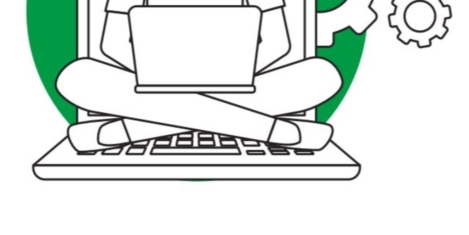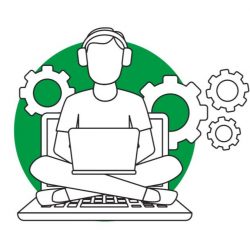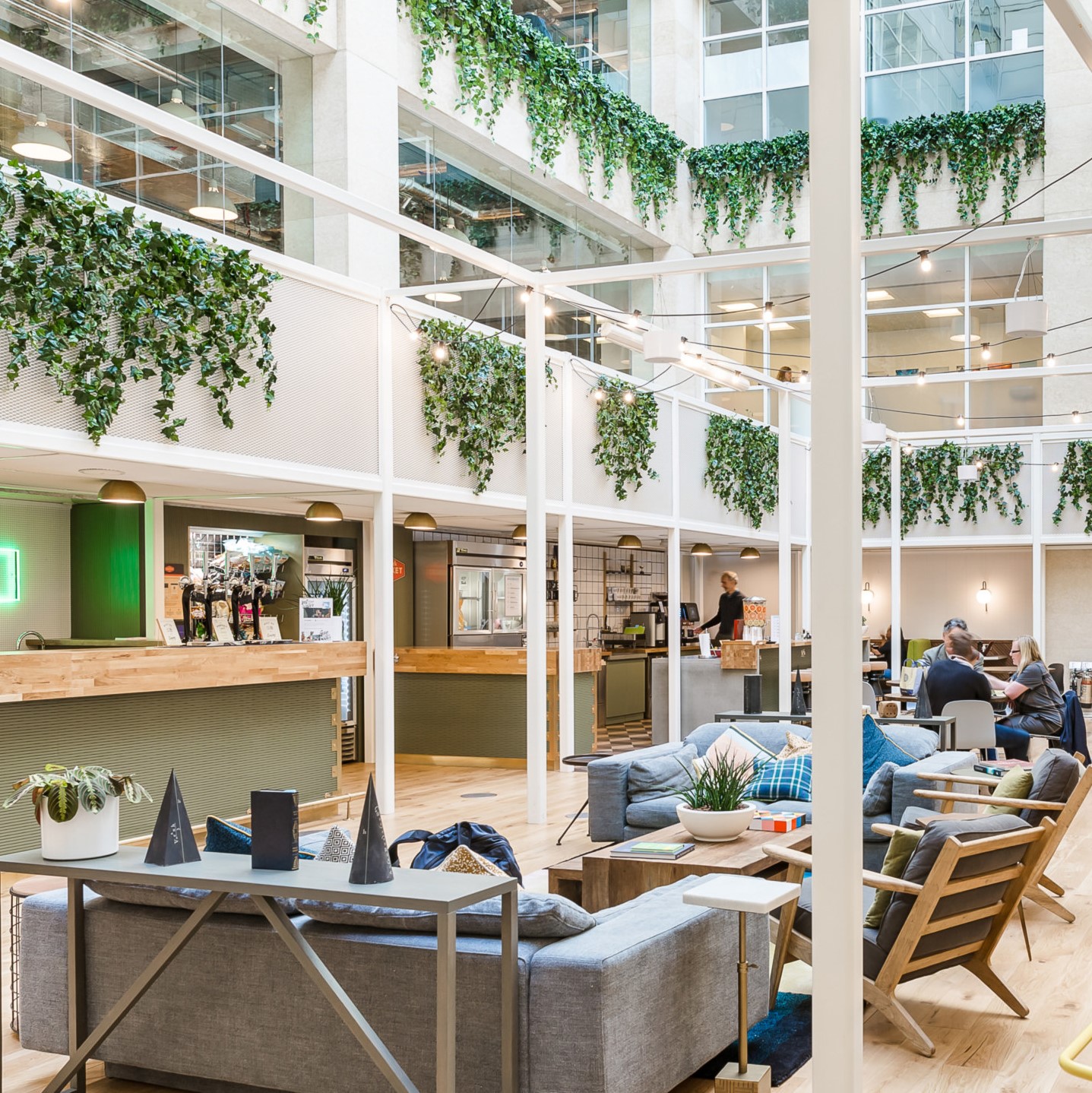To provide the best experiences, we use technologies like cookies to store and/or access device information. Consenting to these technologies will allow us to process data such as browsing behaviour or unique IDs on this site. Not consenting or withdrawing consent, may adversely affect certain features and functions.
The technical storage or access is strictly necessary for the legitimate purpose of enabling the use of a specific service explicitly requested by the subscriber or user, or for the sole purpose of carrying out the transmission of a communication over an electronic communications network.
The technical storage or access is necessary for the legitimate purpose of storing preferences that are not requested by the subscriber or user.
The technical storage or access that is used exclusively for statistical purposes.
The technical storage or access that is used exclusively for anonymous statistical purposes. Without a subpoena, voluntary compliance on the part of your Internet Service Provider, or additional records from a third party, information stored or retrieved for this purpose alone cannot usually be used to identify you.
The technical storage or access is required to create user profiles to send advertising, or to track the user on a website or across several websites for similar marketing purposes.
![]() A new report from job site Indeed explores what work means to people in the UK today. The Meaning of Work report analyses trends from the last five years, generated by more than 40 million monthly visitors to the firm’s website alongside the results of a YouGov survey of over 2,000 full-time employees. The report’s headline finding is that around three-quarters of people (74 per cent) already believe they could do their full time job to the same standard over the course of a four day week. More →
A new report from job site Indeed explores what work means to people in the UK today. The Meaning of Work report analyses trends from the last five years, generated by more than 40 million monthly visitors to the firm’s website alongside the results of a YouGov survey of over 2,000 full-time employees. The report’s headline finding is that around three-quarters of people (74 per cent) already believe they could do their full time job to the same standard over the course of a four day week. More →







































